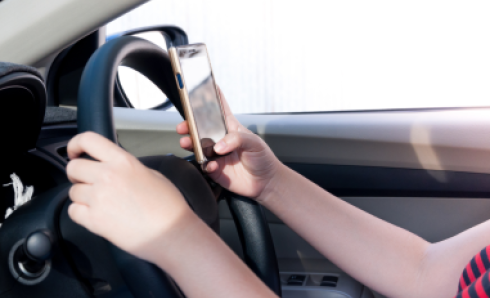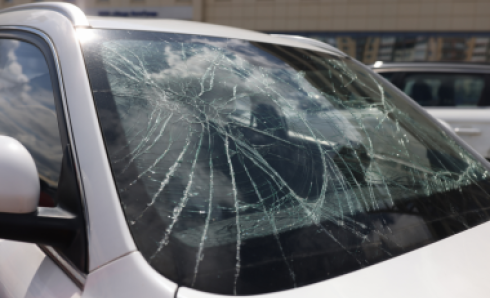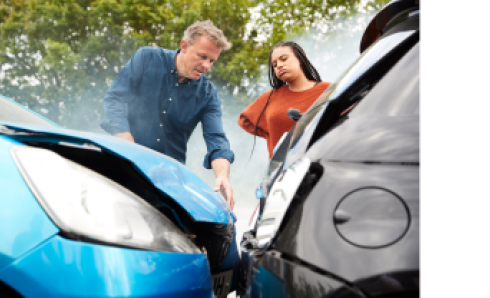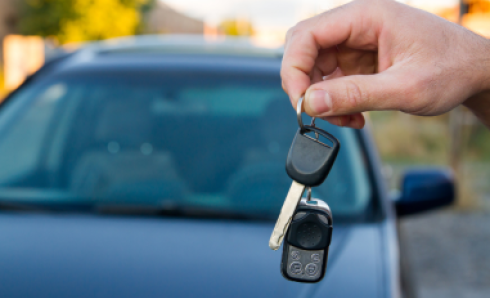Remember when sizing up a car used to be all about the horses? Now it’s mpg instead of bhp, and we wince at every cc over 2000, knowing the tax bill that awaits us on an engine that size.
And now it sounds like the fuel efficiency estimates that manufacturers have been giving us are sometimes widely exaggerated.
I’m sure you have all heard the Volkswagen story where they masked the efficiency of the cars. Car manufacturers are under increasing pressure to lower emissions, so exaggerations and even cheats in road-testing are on the rise. As a result, motorists are spending more a year than we thought.
But there are steps you can take – from driving style to more technical tinkering – to get more miles for the gallon.
For the car...
Start with the tyres
It’s tyres that make biggest difference in mpg below the 50 mph mark (aerodynamics is the most important factor over 50 mph – we’ll get to that next).
New tyres decrease fuel efficiency – sometimes up to 7%, so you’ll get more for your gallon with slightly worn tyres (we obviously don’t mean driving on dangerously low thread depts.). Low-rolling-resistance compound tyres can improve fuel efficiency by a few percent.
It’s an obvious one, but underestimated. Driving with tyres underinflated by just 15psi can mean a loss of fuel economy of about 6%. Check they are inflated to the optimum level for your car every time you fill up.
Get Aerodynamic
Once you’re over 80 km/h, it is drag that’s lowering you mpg. Mud-flaps help keep your car a little cleaner, but you need to make the choice whether you want a marginally cleaner car, or a more fuel-efficient one. Unused roof racks could lead to a 12% loss in fuel economy.
Lighten Your Load
We know it’s an obvious one, but take a look in your car and your boot for excess weight. Remove things like baby seats when not used. Extra weight of 100 pounds increases fuel consumption by 1%.
Check Your Oil
To the uninitiated, oil is a generic product with little difference between brands and ingredients, but those in the know will tell you otherwise. Go for synthetic (as opposed to mineral) oil, change it regularly and use an appropriate oil additive to improve efficiency. And check your owner’s manual for your own car’s specific oil requirements. Here are some more tips from the Car Connection for changing and managing your car’s oil.
For the driver
By far the biggest factor in fuel economy is the person behind the wheel. Your driving style (how much your brake and overtake) as well as whether you’re partial to cool air will affect fuel consumption much more than the vehicle itself.
Stop braking and overtaking
Braking is wasted fuel, because you lost the speed and momentum gained. It’ll also mean you have to accelerate and burn more fuel to regain speed. How much will this affect your mpg?
In tests by Edmunds.com, they found that ‘aggressive drivers’ who drive at around 125 km/h, with constant accelerating, lane changing and braking sharply, could improve their mpg by 35% if they dropped to 105 km/h on cruise control, and minimised braking and acceleration.
Even if you kept your speed at 120km, if you eliminate midrange acceleration, lane changes and harsh braking, fuel economy will improve from 12.5 percent.
Forget the air con
If the car is stuffy, just open a window. Driving with the windows open instead of using the air-con can increase fuel economy up to 10%.
If you have any tips that you have learned over the year, share them with us on twitter @ask123ie
Sources
Tyresizecalculator.com
Cumminsengines.com
Fueleconomy.gov
Edmunds.com
Dailymail.co.uk
Thecarconnection.com
Dailymail.co.uk





